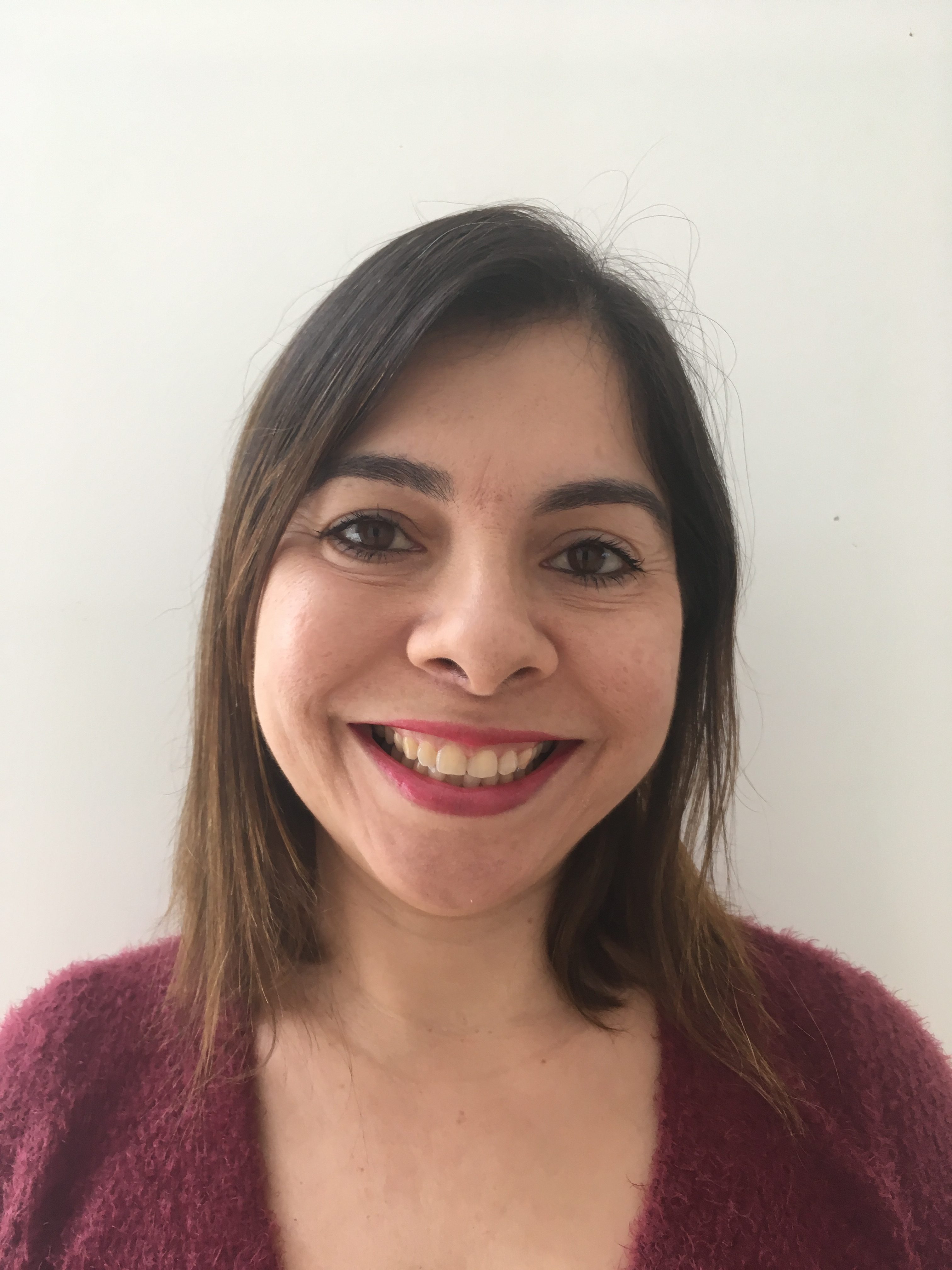CPD and courses: who, what, when and how much
We hear about CPD, the acronym for Continuous Professional Development, all the time. Although CPD is not only about taking courses, they are certainly a prototypical concept and the number of courses aimed at teachers has been increasing steadily, or at least this is the impression I have. When it comes to courses, one of the most common questions we hear is “Is this or that course worth it?” or “Should I do this course or not?” The answers, however, are definitely not as simple as the questions. When trying to get to a conclusion and reach the answers that sometimes torment us, critically analysing the four aspects suggested below might help.
Who?
Within the varied and complex contexts we have as far as teaching English is concerned, I’ll mention four that seem to be quite common:
- I have graduated in Letters and plan to work in primary or secondary schools. I have very limited teaching experience.
- I have finished university and plan to work in language courses. I have no teaching experience.
- I am a quite experienced teacher who has been working in language courses, but I believe prospects are better at regular schools.
- I am a quite experienced teacher who has been working in language courses, but I now plan to start teaching private lessons.
Maybe you don’t totally identify with any of the profiles above now, but they may resemble where you were at your career at some point. As in any career, we will probably go through different phases in ELT, so choosing a course that is adequate is essentially dependent on where you are as a professional. What might be a life-changing experience for a teacher might be irrelevant for you, and this is not the course’s fault. In short, to decide to do or not to do a course, it is important to know who you are and who you want to be as a professional, and this leads us to the second point.
What?
One of the biggest (and not unusually controversial) topics is related to what course to take. Again, nobody but you will be able to provide the best answer to that. Of course, asking people for advice is relevant and useful, but at the end of the day, the best choice for your colleague might simply be inappropriate to you, no matter how brilliant, expensive or structured the course may be. Some questions that you can ask yourself to help you decide are: Do I need a certified course? Is this course certified? Is this certification valid for my work place? Do I expect to get paid more if I do this course? Will my employer pay me more if I do this course? What do I expect from doing this course? There are many other questions you can ask, not all answers are simple, and that’s why making a decision might prove difficult. Thus, thinking critically is the only way out. So don’t follow others’ opinion just because.
When?
When I was not sure if I wanted to apply for a PhD programme, I talked to my MA supervisor who gave some advice I have used for many situations in life: For an MA, a PhD, getting married or having children there is never perfect timing. You’ll never say “Oh, that’s such a great period in my life for me to have children!” She said these are things you either decide to do or not. Of course, there are times that will prove harder or even impossible for us to embark on different adventures. I believe that having at least a rough career plan is what makes a difference and helps you decide. For instance, if you consider teaching online, you should know how to do it before you begin; if you think you might teach in a primary or secondary school, get a university degree; if your dream is to be a university teacher, apply for an MA and a PhD, etc. Your plan doesn’t have to be inflexible, but no matter how simple it is, it’ll make a difference. You can’t decide when the opportunity arrives; it’ll be too late. When it arrives, you must be ready for it.
How much?
How much money? And how much time? Although the term ‘investment’ is quite common in course advertisements, we must be aware that there is a marketing reason behind it: investment is positive, cost is negative. However, some courses might just represent cost if you don’t choose wisely. It is very unlikely that you won’t learn anything from a course but, especially if you live within a tight budget, you have to consider if you expect to regain the amount you paid for a course (and, if so, how long you are willing to wait for that to happen). You may also find out that you will be happy regardless. Also, it is fundamental to be aware of how many hours you are expected and how many you are actually prepared to dedicate to courses. This is an important but so often neglected aspect, and miscalculating can end up leading to either low learning and poor performance or to stress and mental health issues. A liberating article by Dave Dodgson recently published in the the magazine Modern English Teacher (see link below) deals with CPD and mental health.
To conclude, don’t take me wrong: I consider ELT courses a wonderful path to self and professional improvement. I have taken and delivered many courses, and after struggling with the idea for months, I have now finally decided to take a demanding course myself. Having said that, I believe that at the same time we cannot abdicate from our responsibility of deciding what is better and what is possible for us. We cannot and should not just go with the flow. Deciding is definitely more easily done when we think critically about who we are, where we are and what we want from our professional life.
References: Dodgson, D. The value of self. Modern English Teacher, 07 February 2019.





